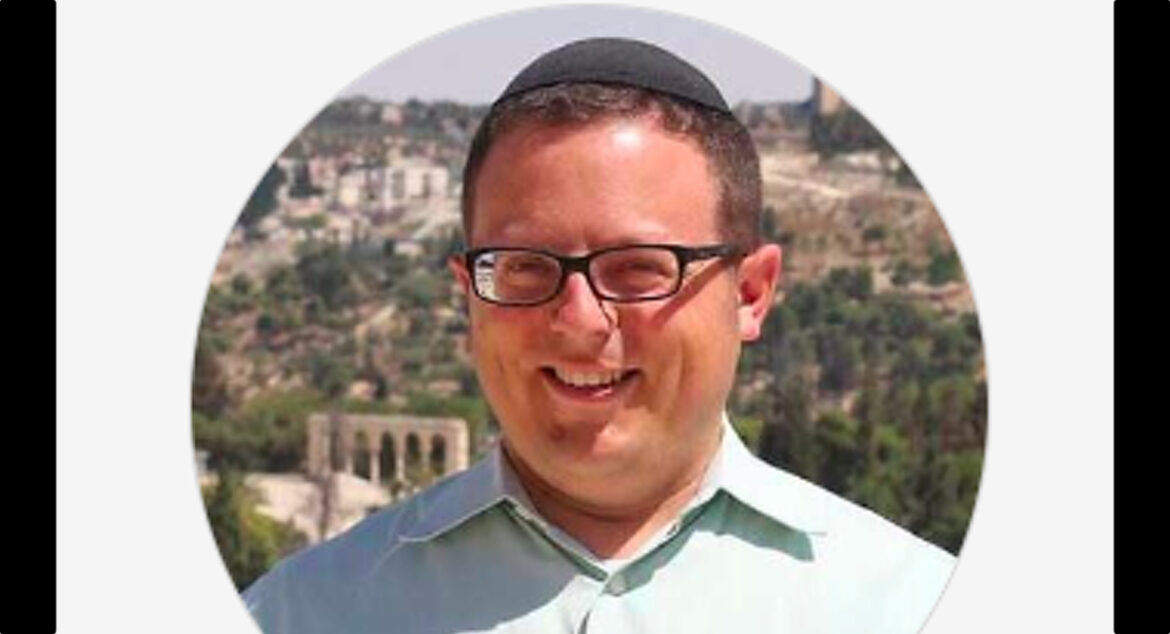President Herzog’s speech to Congress acknowledged the role played by divine providence in Israel’s success.
(JNS) As he stood in front of a joint session of the U.S. Congress, Israeli President Isaac Herzog must have been more aware of the historic nature of his speech than anyone else in the room.
The Herzogs are the closest thing Israel has to a royal family. President Herzog’s grandfather, Rabbi Yitzhak HaLevi Herzog, was the chief rabbi of the British Mandate of Palestine and then Israel. President Herzog’s father, Chaim Herzog, was an Israeli general and Israel’s sixth president. In 1987, President Chaim Herzog became the first Israeli president to speak to Congress.
As President Herzog spoke, he must have been aware that he was also speaking to Israelis back home. The messages he sent were meant as much for Israelis as for Americans.
Herzog brought up many contentious topics, including Iran’s nuclear ambitions, Palestinian terrorism and Israel’s current judicial reform debates. He courageously addressed anti-Israel members of Congress and drew the line at which anti-Zionism crosses into antisemitism.
But I was taken by another aspect of Herzog’s speech. While I am not familiar with his personal life, he is not known as a religiously observant man. Yet throughout his speech, Herzog kept referencing God’s role in the destiny of the Jewish people, the State of Israel and even the United States.
His references to God might have seemed natural the day before when Herzog visited the haredi Yeshiva Gevoah in Lakewood, New Jersey. In front of Congress, however, they were surprising, particularly to those who are interested in the balance between religion and state in Israel and America.
Herzog’s first mention of God was when he quoted his grandfather telling American President Harry Truman that it was, “Divine providence that destined President Truman to help bring about the rebirth of Israel, after two thousand years of exile.”
He then spoke of Israel’s founding. Instead of focusing solely on the efforts of Israel’s founders, he said, “When the State of Israel was established in 1948, the land which the almighty promised to Abraham, to which Moses lead the Israelites, the land of the Bible, of milk and honey, evolved into an exquisite land of democracy.”
When Herzog discussed peace, he talked about praying to God: “We pray for the fulfillment of Isaiah’s prophecy, ‘Nation shall not lift up sword against nation, neither shall they learn war anymore.’”
Herzog also put the U.S.-Israel relationship in the context of both nations’ commitment to God: “We are so very proud of the true friendship we have forged. It is rooted deep in our respective declarations of independence. In the American Declaration of Independence, the founders appealed to the ‘Supreme Judge of the World.’ In the Israeli Declaration of Independence, influenced by America’s, our founders placed their trust in the ‘Rock of Israel.’”
The president ended his speech by praying, “God bless the State of Israel! God bless the United States of America!”
Herzog’s remarks were conspicuous because they came in the midst of a growing backlash against religion among secular Israelis. There is a growing suspicion that religiously observant Israelis plan to impose Jewish law on Israeli society. Secular Israelis’ suspicion of religious Israelis’ plans have morphed into growing resentment of the religious community. Unfortunately, this resentment has caused some secular Israelis to attempt to erase the contributions religious Zionists have made to the State of Israel.
Secular Israeli efforts to erase the contributions of religious Zionists aren’t as nefarious as attempts to erase God from Israeli history and society. Giving all the credit for Israel’s founding, survival and success to Israel’s leaders, soldiers and citizens while omitting divine providence ignores the obvious: It’s impossible for the Jewish people to have regained their land and sovereignty, and succeed against all their opponents, without divine providence.
Herzog, a man steeped in Jewish culture, history and tradition, might not be personally observant like his chief rabbi grandfather, but his view of Israel cannot be separated from God’s providence. His understanding of the Jewish connection to the Land of Israel is based on God’s promise of the land to the Jewish people. Israel’s destiny is tied to the vision of the prophets, especially the prophet Isaiah’s vision of peace and Israel’s continued success is based on the Rock of Israel’s blessing.
Recognizing God’s providential contribution to Israel’s success does not require religious observance or a change in Israeli law. Choosing to be secular is not a denial of God, it’s an objection to coerced observance. For secular Jews, a non-religious lifestyle should not contradict the idea that Israel’s success has come through divine providence. Israeli society is enriched by including God in Israeli national and social life. It was for this reason that Israel’s mostly secular founders mentioned God in Israel’s Declaration of Independence.
In citing God throughout his speech, Herzog set an example for how Israelis should relate to their country’s success. From its presidents and prime ministers to its children in school, Israelis must put God back into Zionism and national discourse. Mentioning God requires humility and distances a nation from the hubris that all too often brings down empires.
When the Jewish people realize that they can only succeed with the help of divine providence, they will be more open-minded about different ways of life and not as obstinate about constructive criticism. It’s time Israelis brought God back into the national dialogue.


